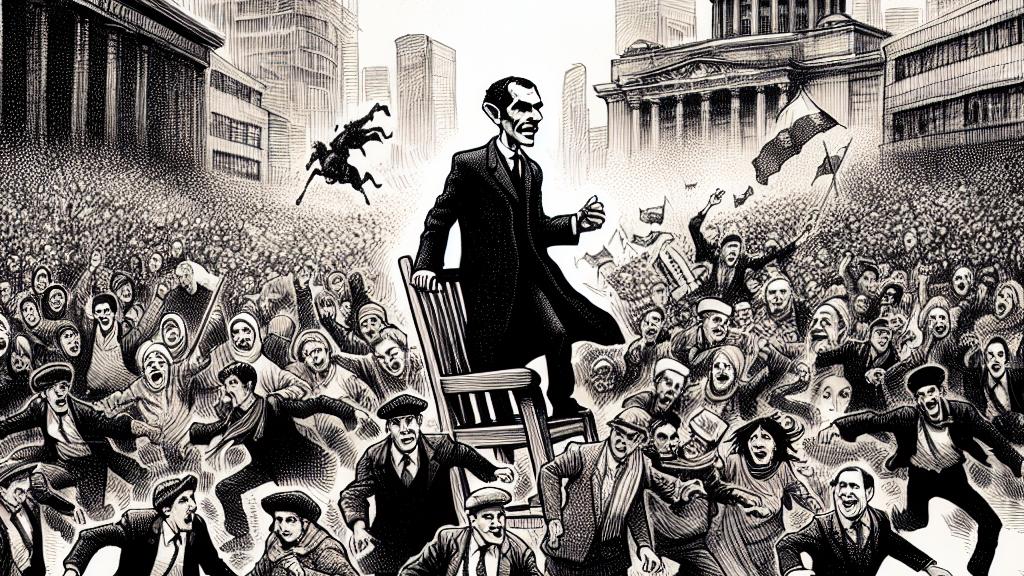Opposition Leader's Bold Move in Mozambique's Political Landscape
Overview
- Venâncio Mondlane shockingly proclaims he will become president on January 15, challenging the election results.
- Nationwide protests erupt, driven by citizens' escalating frustrations with decades of authoritarian Frelimo leadership.
- In the midst of chaos, Mondlane passionately calls for peaceful demonstrations, urging restraint among his supporters.

Understanding the Current Situation in Mozambique
Mozambique stands at a pivotal moment in its history, as opposition leader Venâncio Mondlane makes waves by announcing he will declare himself president on January 15. This unexpected declaration directly contests the recent election results, which have left many feeling disillusioned. Protests, often marked by fervent energy and deep-rooted frustrations, have begun to sweep across the nation. For almost five decades, Frelimo has wielded power, and the public’s patience is beginning to wear thin, particularly among the youth, who are increasingly vocal about their desire for change amid grim job prospects and unmet expectations.
The Controversy Surrounding the Election Results
The unrest ignited after Mozambique's highest court upheld the election results, confidently declaring Frelimo's Daniel Chapo the winner with a staggering support of 71%. However, Mondlane quickly disputed this outcome, alleging that the elections were rigged. His statements sparked intense reactions, leading to mass protests in urban areas like Maputo, transforming lively streets into eerie quietness. Reports depict the chaos: looting of Frelimo offices, vandalism, and clashes between police and activists. Tragically, human rights organizations estimate that over 100 lives have been lost during these confrontations, underscoring the urgent need for dialogue and reform.
Mondlane's Important Message of Peace
In a remarkable contrast to the violence erupting around him, Mondlane stands firm in his message of peace. Using platforms like Facebook Live, he passionately implores his supporters to remain calm and non-violent, emphasizing that real change stems from peaceful protests. His call resonates particularly with young people, who see him not just as a leader, but as a symbol of hope for a brighter future. However, the challenge persists: how will he lead this movement while in exile? The dynamics of this struggle create a powerful narrative as demonstrators, fueled by their longing for a better Mozambique, continue marching forward. Together, they embody the spirit of resilience, and their determination to forge a new path cannot be overlooked.

Loading...